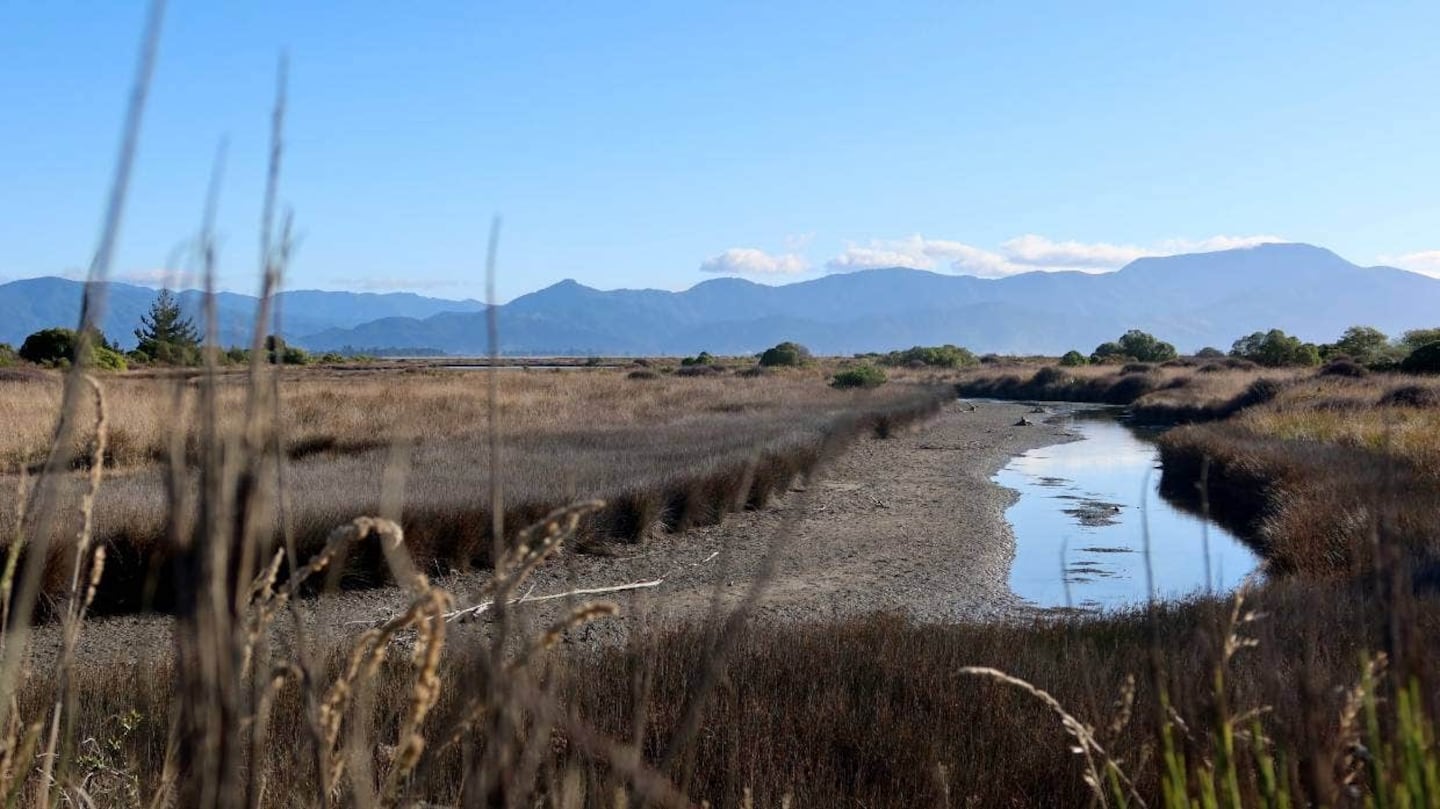A company has admitted damaging a “nationally significant” archaeological site days after agreeing not to when officials came investigating.
The officials had been tipped off about earthworks at the site on Marlborough’s Wairau Bar, a site known as “New Zealand’s most significant archaeological landscape” as moa bones and adzes found there were thought to date back to the 1200s.
The company was charged with modifying one or more archaeological sites without the authority of Heritage NZ, which it admitted at the Blenheim District Court on August 11.
A summary of facts said the company asked Heritage NZ for permission to “modify or damage” the archaeological site in August 2019.
But their application was sent back to it “without determining” due to lack of iwi consultation.
The company asked Heritage NZ what constituted iwi consultation, and Heritage NZ responded with a list of nine local iwi and contact details. No amended application was lodged.
No iwi consultation
The only evidence of consultation with iwi was a letter to Rangitāne o Wairau, outlining proposed works with “very limited disturbance”, which invited Rangitāne to respond if it wished to.
The company went ahead and started the earthworks, between September and December 2019, excavating an irrigation trench 50cm deep, in a straight line, rather than the zigzag proposed in the company’s application as a way to avoid recorded archaeological features.
Heritage NZ said it was unaware of the earthworks until it got a call from the manager of Rangitāne on December 11, 2019.
Ngāti Rārua o Te Wairau Society sent an email two days later, saying it was “extremely concerned that the developers [had] caused damage to archaeological sites on [the] whenua”.
Ngāti Toa Rangatira ki Wairau Trust also emailed Heritage NZ, saying that the land had been occupied for many generations, and had “archaeological evidence on the surface of the ground”.
Heritage NZ staff visited the piece of land on December 20, 2019, and found that the company’s work had disturbed archaeological sites where there were oven stones, fire-cracked rock, broken shells, and stone flakes/lithic material.
Archaeological material damaged
Archaeological material had also been affected by the digging of the trench, although the extent of the damage could not be seen as the trench had been backfilled. The trench crossed an area known to contain archaeological materials.
Their archaeologists’ expert assessment was that the works had resulted in minor damage to shallower archaeological material and more significant damage to deeper material as a result of the trench excavation.
When spoken to by Heritage NZ, the company agreed to stop the works until further notice but within days had engaged contractors to carry on.
Judge David Ruth referred the matter to restorative justice and granted the company interim name suppression.
Two charges previously laid against a company with a different name were withdrawn. That company and a person involved were granted permanent name suppression.
The maximum penalty for the offence was $120,000. The company would appear in court for sentencing on September 15. The continuation of the company’s name suppression would be discussed on that date.


